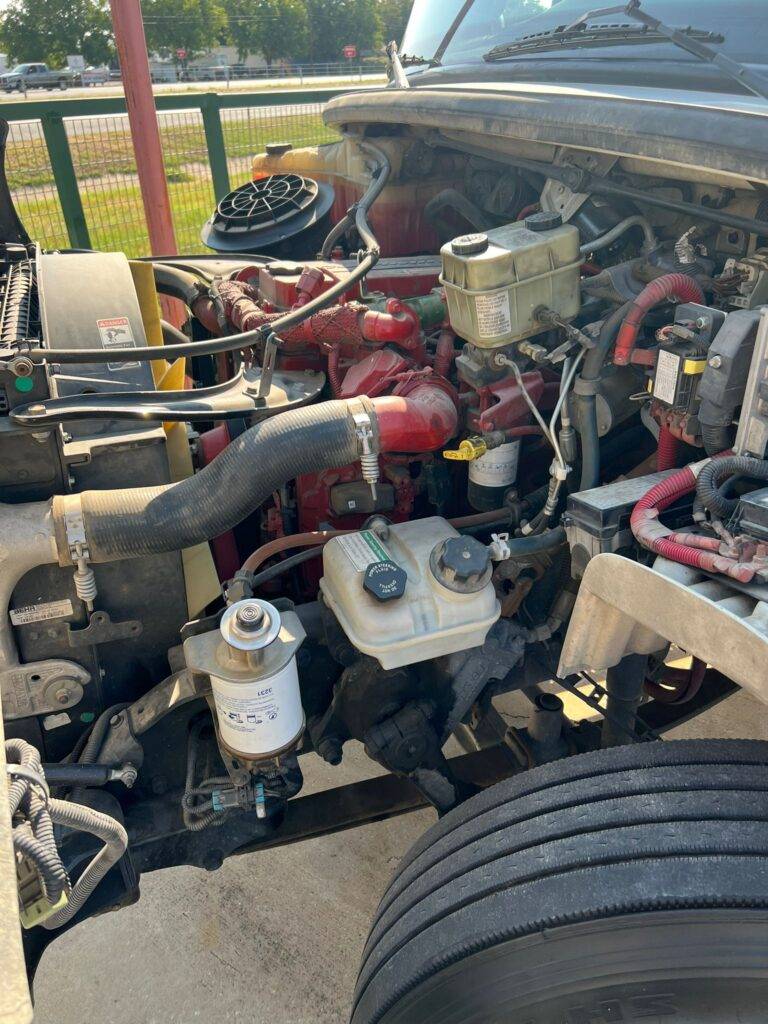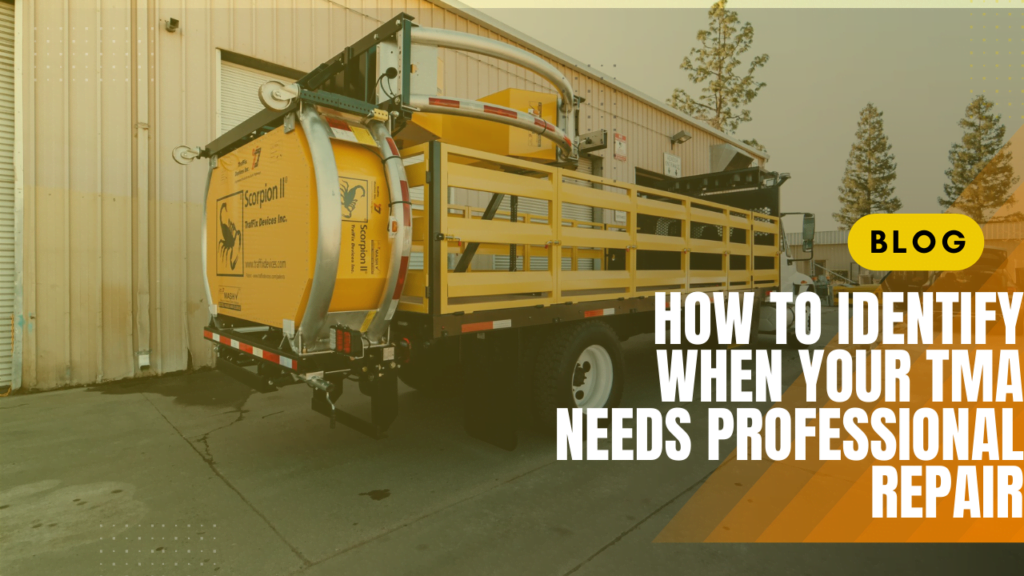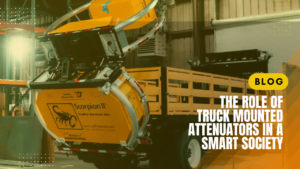Truck-Mounted Attenuator repair and maintenance are critical for ensuring safety in work zones by absorbing collision impacts. Keeping TMAs in optimal condition is essential, and knowing when to seek professional repair can prevent accidents and extend the lifespan of your equipment. Here’s how to identify when your TMA needs professional attention:

Visible Damage
One of the most obvious signs that your TMA needs repair is visible damage. Regularly inspect your TMA for dents, cracks, or deformations that could impair its functionality. Impact damage, even if minor, can affect the TMA’s ability to absorb energy effectively.
Unusual Noises
If your TMA starts making unusual noises during operation, it’s a clear indication that something is wrong. Squeaks, rattles, or grinding sounds can signal mechanical issues that need immediate attention to prevent further damage.
Reduced Performance
A TMA that doesn’t perform as expected, such as not absorbing impacts properly or showing signs of wear and tear prematurely, should be evaluated by a professional. Reduced performance can compromise safety and efficiency.
Regular Maintenance Checks
Professional maintenance checks can often reveal issues before they become significant problems. If your regular checks uncover recurring issues or parts that consistently need adjustment, it may be time for a more thorough professional repair.
Indicator Lights and Alarms
Modern TMAs often come equipped with sensors and indicator lights that alert operators to potential issues. Pay attention to these warnings and seek professional repair if any alarms or indicator lights are activated.
Wear and Tear on Key Components
Inspect key components like the hydraulic systems, impact plates, and mounting hardware. Signs of excessive wear, corrosion, or fatigue mean it’s time to consult a professional to assess and repair or replace the affected parts.
Compliance with Safety Standards
Regular professional inspections ensure that your TMA complies with the latest safety standards and regulations. If there have been changes in safety requirements, professional repair services can help update your TMA accordingly.
In conclusion, regularly inspecting your TMA and being aware of the signs of potential issues are critical steps in maintaining road safety. By seeking professional repairs when needed, you ensure the TMA’s effectiveness and longevity, ultimately protecting both your workers and the public. Remember, proactive maintenance is always better than reactive repairs. If you notice any of these signs, contact a professional truck-mounted attenuator repair and maintenance service promptly to address the issues and maintain optimal safety standards.
For your Truck-Mounted Attenuator repair and maintenance, contact us HERE




